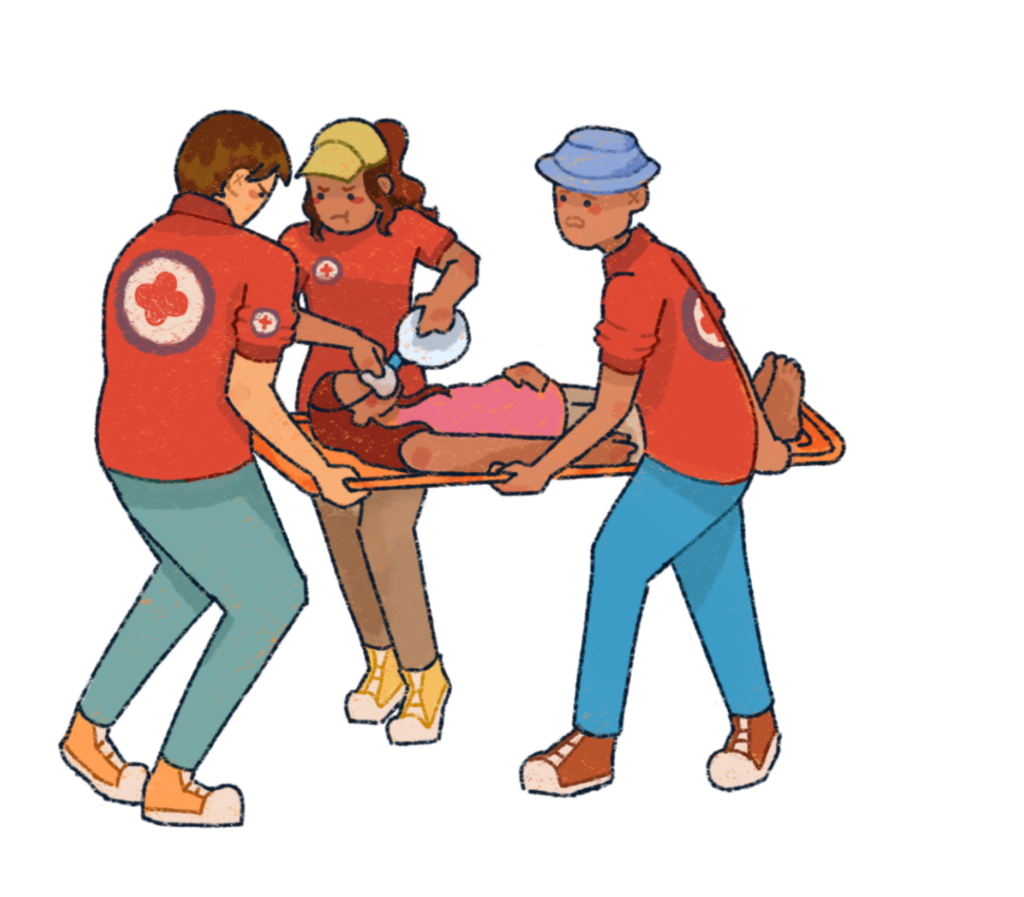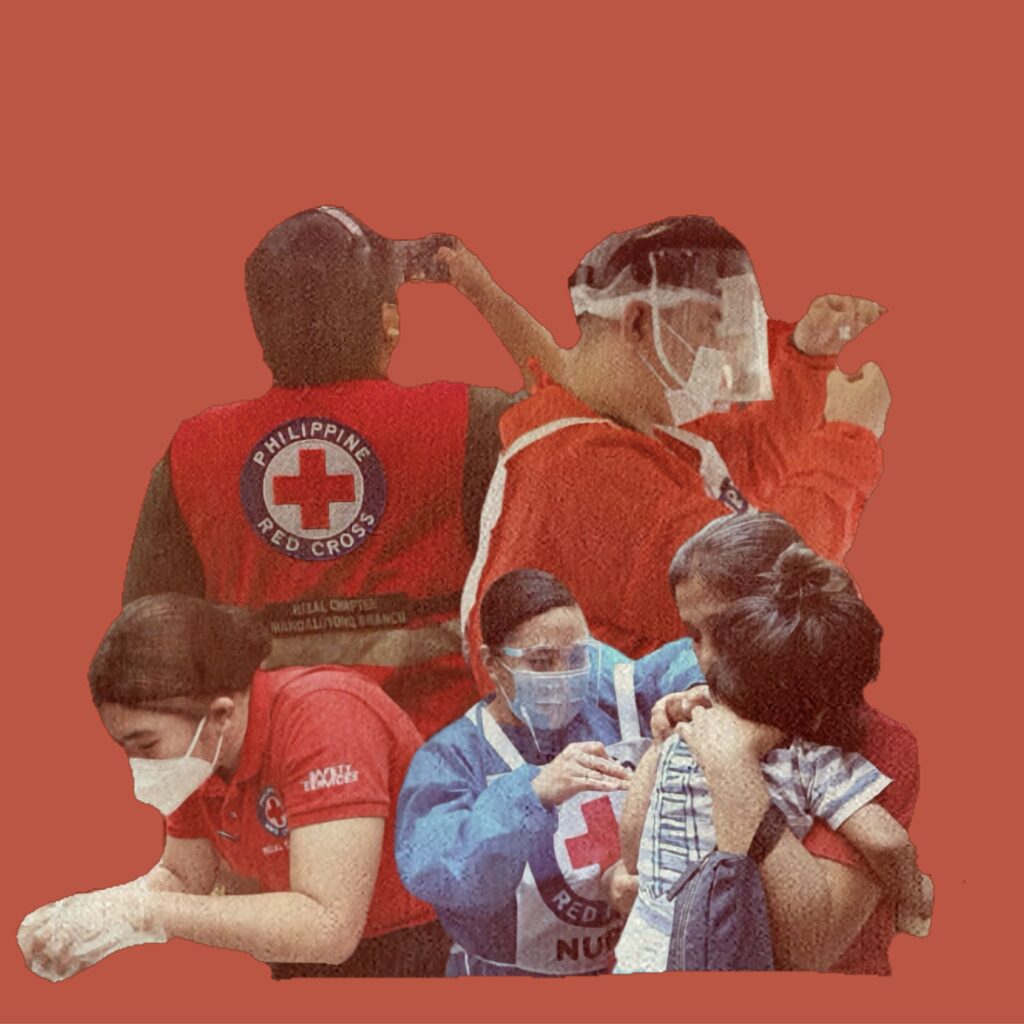Philippine Red Cross

The Philippine Red Cross is one of the most well-known humanitarian organizations with a mandate to reach the country’s most vulnerable communities, populations, and sectors. Established in 1947, the Philippine Red Cross has evolved into a pioneering agency renowned for its comprehensive approach to disaster preparedness, health services, and community development. As an independent, volunteer-based organization, the Philippine Red Cross is committed to providing lifesaving relief during national crises, such as natural disasters, armed conflict, and health emergencies. Throughout its many years of existence, it has consistently been led by professional men and women who are always ready to extend a helping hand, no matter who they are, where they are, or when they may need it.
Sustainable Development Goals:
1┃No Poverty
Eradicating extreme poverty for all people everywhere by 2030 is a pivotal goal of the 2030 Agenda for Sustainable Development. It can be said that this is where the SDGs revolve. A rise in poverty has been observed through the decades, greatly affecting other linked dimensions.
2┃Zero Hunger
Goal 2 is about creating a world free of hunger by 2030. Food security has been an issue, especially since 2015.
To bridge this gap, feeding programs may be implemented that would be beneficial for underserved communities. Investments must be made in the local primary sector (agriculture), as well as in rural and urban areas so that no one will be left behind.
3┃Good Health and Well-Being
SDG 3 – Good Health and Well-Being aims to provide access to healthcare to all kinds of people. It aims to conclude epidemics of communicable diseases by 2030.
Spreading awareness is one way to help people to make well-informed choices. Medical Assistance Programs can be put into effect, ensuring universal access to health care.
6┃Clean Water and Sanitation
In 2022, 2.2 billion people still lacked safely managed drinking water, showing water resources’ lack of accessibility. To combat this, we should be active in water conservation, invest in research about it, and hold institutions accountable. Doing so helps us exercise our rights to our basic needs.
11┃Sustainable Cities and Communities
Many cities around the globe aren’t considered as “future-proof”. This is due to the rise of extreme poverty, inequalities, and poor urban planning. Urban planning, specifically, must be practiced to lessen pollution and improve the quality of life in terms of transportation and the environment.
By advocating these causes, we can look forward to a future where basic needs are met sustainably.


Watch our videos about the organization spreading love and unity, Philippine Red Cross!


